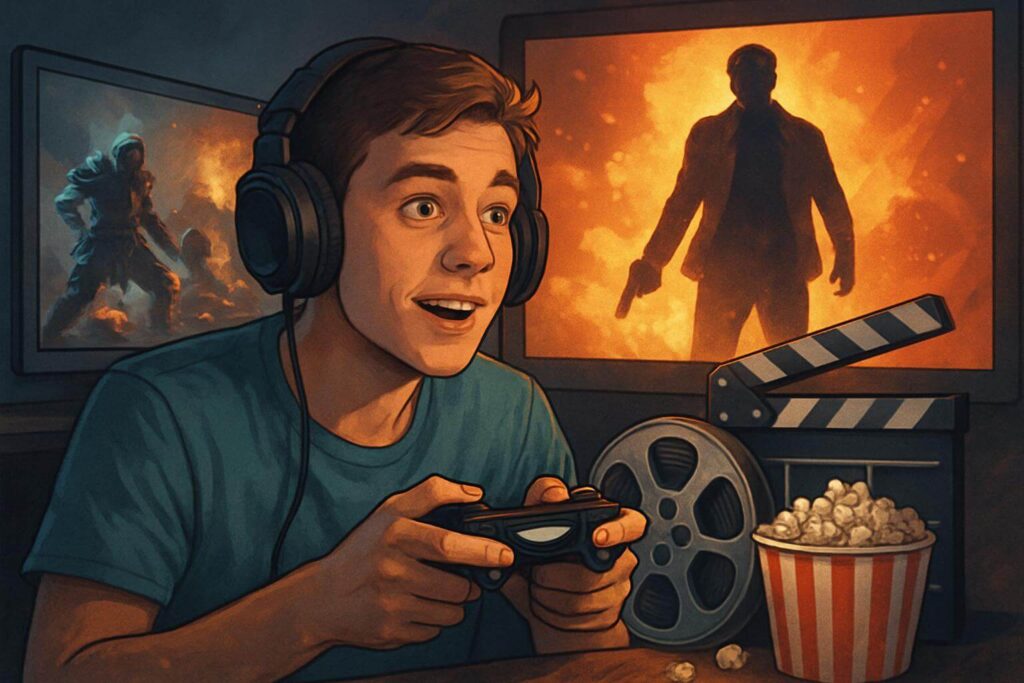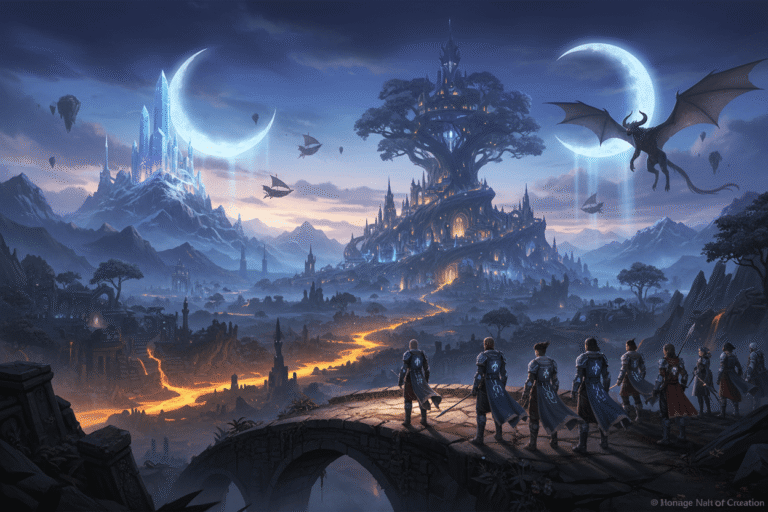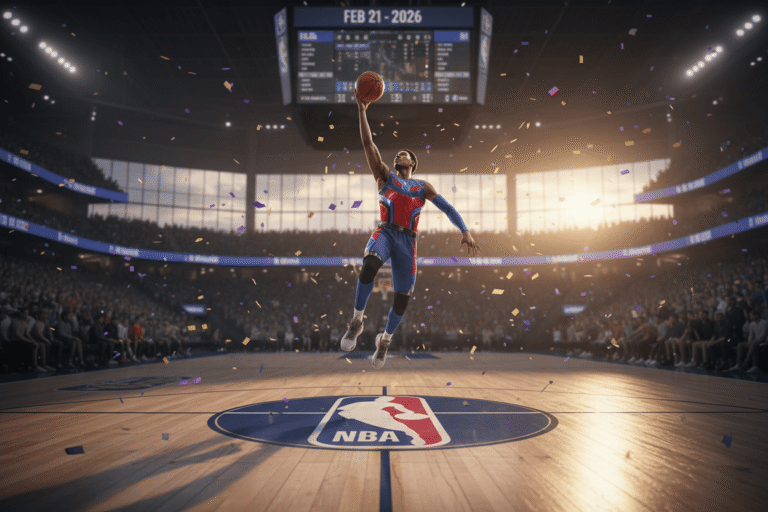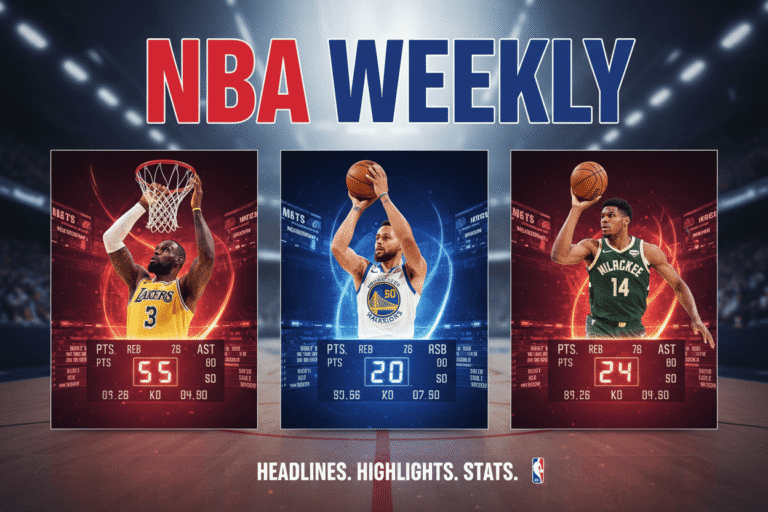
The Numbers Game: Gaming Versus Movies in 2025
In 2025, entertainment isn’t defined by silver screens alone. The world has changed, and the numbers prove it. Gaming now earns nearly five times more than cinema box offices. While the global film industry brings in around $50 billion, gaming crosses the $250 billion mark.
This isn’t a surprise anymore. Games are everywhere—on consoles, mobile phones, PCs, and in the cloud. People no longer just watch. They play. And they pay to play. Meanwhile, cinema crawls back from the pandemic era, rebuilding one blockbuster at a time.
The global box office shows signs of life, but the pace feels slower. Big films still break records. But between hits, the gap is growing. Audiences want interaction, not just stories. Gaming delivers both.
Studios Behind the Screens: Growth, Risks, and New Powerhouses
Game studios like Rockstar, Naughty Dog, FromSoftware, and Nintendo lead the charge. Each has shaped how we view modern storytelling. Rockstar’s upcoming GTA title already dominates conversation in 2025—even before launch. Games like Elden Ring and The Last of Us rewrote what games could be.
On the other side, Hollywood sticks to trusted IPs. Superhero fatigue sets in. Reboots struggle to find footing. But some studios adapt. They bring game worlds to screens. Series based on gaming franchises perform better than expected. Suddenly, a game’s story isn’t limited to one medium.
Even smaller developers are rising. Indie hits take center stage through platforms like Game Pass and Steam. Studios without massive budgets still reach millions. This freedom boosts creativity and innovation.
The line between game studio and media empire blurs. Players follow developers the way viewers once followed directors. The shift is cultural—and growing.
Where to Watch, Where to Play: Platforms Power the Experience
You don’t need a theater ticket to enjoy a global hit anymore. Gamers can boot up on consoles, PCs, phones, or even TVs. Platforms like Xbox Game Pass, PlayStation Plus, Steam, and Epic Games Store allow instant access. Some games arrive day one on subscription services.
Meanwhile, movie lovers rely on streaming giants or limited theater runs. Theaters bounce back, but streaming steals more attention each month. Movies launch with hype, but games linger. A player spends hours, days, even months inside one title. That engagement builds loyalty, time, and income.
Gamers also get rewards—unlocks, skins, live events, expansions. Films offer stories. Games offer memories, victories, and progress.
But both platforms have risks. Some games launch unfinished. Monetization feels aggressive. Movies face delays, uneven reviews, and content overload. Yet both industries adapt, chasing relevance in a hyper-digital age.
Gaming Versus Movies in 2025: Potential, Pressure, and Possibility
Gaming, for all its triumphs, isn’t perfect. Oversaturation is real. Too many live services crowd the space. Players tire of endless grind and unfinished releases. Still, when a game hits, it changes the industry. One title can reshape trends.
Movies have legacy. They have emotional weight. A two-hour film can move nations. But financial pressure looms. Studios hesitate. They repeat instead of reinventing. But the art still shines through. Some directors push boundaries. Indie films break through noise. Storytelling isn’t gone—it’s just scattered.
Looking ahead, the two aren’t enemies. They’re allies with different strengths. Games borrow cinematic language. Films adapt interactive pacing. The best creators sit in the space between both. Crossovers will only grow.
And for the audience? It’s a golden age. Whether on a couch, in a theater, or behind a controller, stories are closer than ever. You don’t have to choose between gaming or movies. You just have to press play.
In 2025, gaming leads the business, but movies still lead hearts. Together, they shape the future of entertainment—one quest, one frame, one victory at a time.






